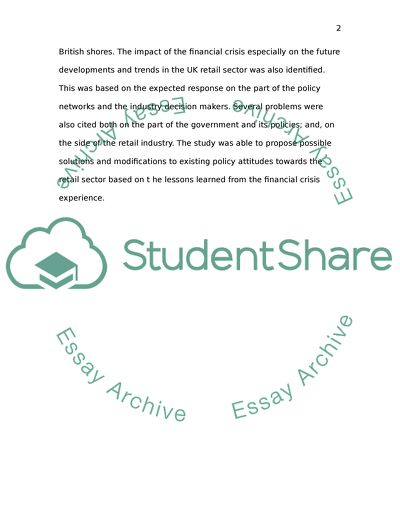Cite this document
(“UK retail sector during financial crisis Dissertation”, n.d.)
Retrieved from https://studentshare.org/macro-microeconomics/1397420-introduction
Retrieved from https://studentshare.org/macro-microeconomics/1397420-introduction
(UK Retail Sector During Financial Crisis Dissertation)
https://studentshare.org/macro-microeconomics/1397420-introduction.
https://studentshare.org/macro-microeconomics/1397420-introduction.
“UK Retail Sector During Financial Crisis Dissertation”, n.d. https://studentshare.org/macro-microeconomics/1397420-introduction.


